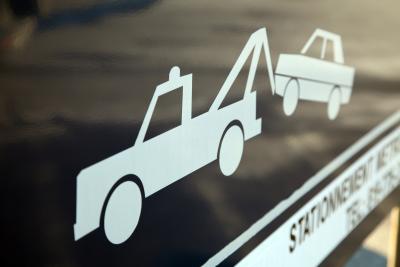
If your car is repossessed, you will be responsible for paying the repossession fees. The fees associated with auto repossession can include charges for towing, impounding, storage fees, and a condition report. This report will include the make, model, and mileage at the time of repossession. The vehicle identification number (VIN) should also be included. The condition report states the overall condition of the vehicle at time of repossession.
When your car is repossessed without your knowledge, certain fees will be assessed. You will be responsible for all of the fees. If you want to get your car back, you have to pay the past due amount of the loan, all fees, and sometimes provide proof of insurance. When everything is paid, you will be able to get your car.
If you surrender your car voluntarily, you will still have fees to pay but they will be less than what you would pay if the car was taken without your knowledge. If you offer to surrender your car, you will not need a professional towing service and you will eliminate some fees. You can drive your car to a mutually convenient location for you and the lien holder and turn your keys over to the lender. You may need a friend to follow you to the location so that you have a ride back.
All of the repossession fees will be added to your account balance. You will be responsible for the deficiency balance, which is the balance remaining after the proceeds from the sale have been applied to the loan. Some creditors will seek legal action to retrieve the balance owed.
Repossessions can show up on your credit file for 7 years. This will significantly reduce your credit score and make it difficult for you to get credit in the future.
You should only have your car repossessed as a last resort. If you are falling behind on your payments, contact your lender immediately. You may be able to work out some affordable arrangements and avoid repossession fees.